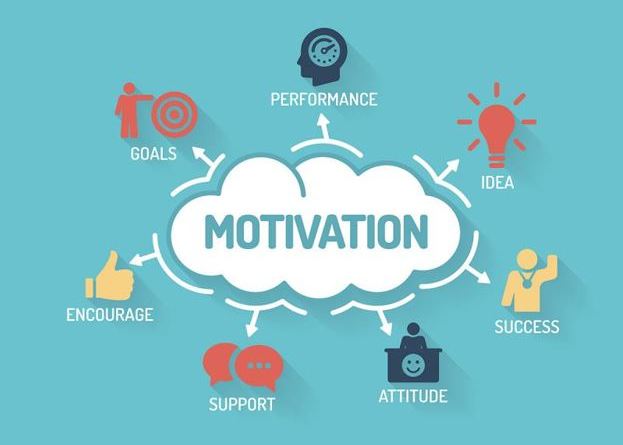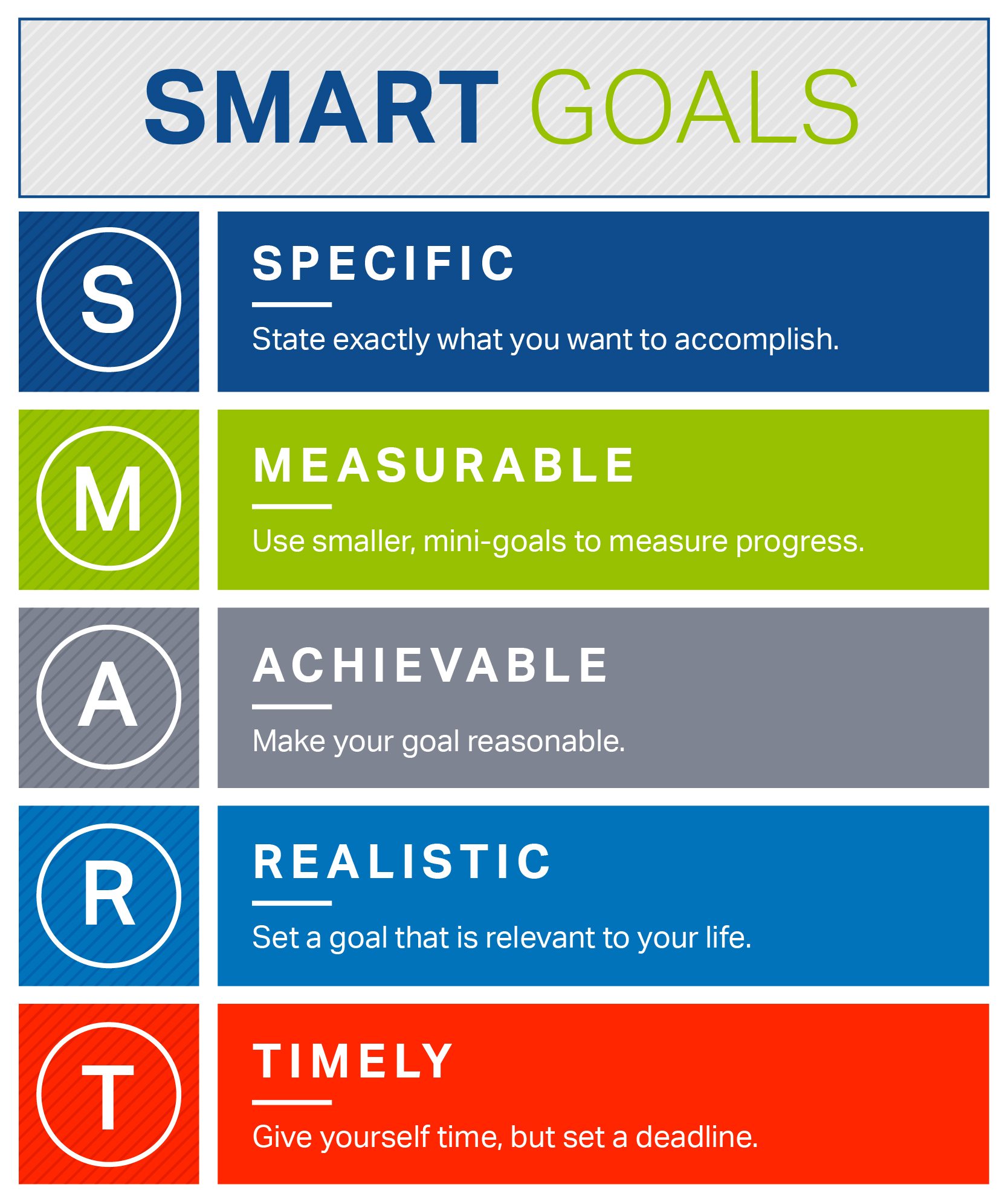MOTIVATION
WHAT IS MOTIVATION?
- Motivation is the reason for somebody’s actions and decisions.
- Self-motivation is a personal reason for a person to do something (intrinsic motivation).
- Someone who is not so strongly self-motivated needs others to motivate them to do what needs to be done (extrinsic motivation).
- Motivation is what drives you to achieve something.
- A self-motivated person doesn’t need to be motivated by other people, in other words:
“You can create your own motivation by acting in a certain way or attempting a certain task.”

HOW CAN I INCREASE INTRINSIC MOTIVATION?
- Challenge yourself when setting goals. A goal should be challenging, but not necessarily certain of obtaining. If you are sure you will achieve it, it might be too easy, and not challenging enough to motivate you.
- Be curious. When something grabs your attention you usually want to learn more about it.
- Exert control over yourself and your environment – decide what you want to pursue.
- Cooperate and compete with others. Helping people and comparing your own performance favourably to others in similar situations brings satisfaction which increases motivation.
- Recognition by others can increase internal motivation.
SO?
It is important to stay motivated to:
- Perform well at work/in class
- Stay positive when you are overwhelmed with work/assignments
- Manage stress levels or apply coping mechanisms easier
- Stay healthy
WHAT ABOUT REWARDS?
Motivation generally tends to be driven by either the attainment of pleasure, or the avoidance of pain. Both of these are strong motivators and both can bring about different types of rewards. Humans are complex beings and we actually tend to be more motivated by the avoidance of pain or punishment, than the attainment of pleasure.
- Attainment of pleasure – receiving or experiencing something that brings you pleasure once your goal has been reached, e.g. studying hard and getting 90% for a test, or committing to studying a certain number of hours and rewarding yourself with a relaxing bath afterwards. You can even involve your friends by getting them to buy you a bottle of wine if you achieve that 90%!
- Avoidance of pain – here there is usually a negative consequence to NOT meeting your goal, e.g. not spending enough time on your studies would cause you to have to re-do an entire module next year, or not rinsing out your coffee mug now might mean having to wash all the dinner dishes later. Not tidying up the flat now might lead to you having to massage your flatmate’s stinky feet because they did it on their own! You are driven (motivated) to act in a certain way so that you may avoid an unpleasant result.
- Rewards are more short term and is something you “earn” after the goal is achieved (e.g. a night out, chocolate, or something you want to spoil yourself with)
- Incentives are an external goal that has the capacity to motivate behaviour, in other words:
“An incentive contributes to working TOWARDS a goal”
SO WHAT NOW?
- Motivate yourself!
- Think of a few rewards you would enjoy when you achieve your goals.
- Think of a few incentives that would motivate you to reach your goal.
- Write down your goals, with the incentives and rewards so that you see it every day – then you have a visual reminder of what you are aiming to achieve.
- Speak to people in the same course who you think are generally well motivated. Ask them what they do to stay motivated.
- Get an accountability partner who will hold you to your commitments – they can also help with giving the rewards you’ve earned, as well as the punishments if you have not met your goals!
- Research motivational topics and inspirational talks to help you get started! Have a look at the following videos and search similar ones:
MOTIVATION RELIES ON CLEAR GUIDELINES AND GOALS:
Goals must be...
- Specific – what exactly do I want to do?
- Measureable – how will I track my progress?
- Achievable – is this realistic for me?
- Relevant – why does this matter to me?
- Time bound – when will I complete this goal?
Writing down clear goals and making use of practical systems (e.g. to-do lists) will make it easier to stay on top of your goals. You will be able to see whether you are on track, or whether you need to pay extra attention to specific tasks. Being able to visibly see what you have achieved helps to motivate you to reach the next goal.
IF YOU STRUGGLE TO STAY MOTIVATED – BEGIN SMALL, AND AS YOU COMPLETE TASKS AND SHORT TERM GOALS YOU CAN START TO FOCUS ON THE BIGGER THINGS. STEP 1 = START!

References
Cherry, K. (2019). Intrinsic motivation: how your behavior is driven by internal rewards. Verywellmind. 31 March 2020. Retrieved from https://www.verywellmind.com/what-is-intrinsic-motivation-2795385
Smith, S. (2016). Motivation (Handout created for local use). Student Counselling and Development, NWU, Potchefstroom.
TEDx Talks. (2015, March 26). What do top students do differently? | Douglas Barton | TEDxYouth@Tallinn. Retrieved from https://www.youtube.com/watch?v=Na8m4GPqA30
TEDx Talks. (2019, April 30). How a student changed her study habits by setting goals and managing time | Yana Savitsky | TEDxLFHS. Retrieved from https://www.youtube.com/watch?v=z7e7gtU3PHY
TEDx Talks. (2013, December 5). The psychology of self-motivation | Scott Geller | TEDxVirginiaTech. Retrieved from https://www.youtube.com/watch?v=7sxpKhIbr0E
TEDx Talks. (2017, February 9). Motivate yourself with visions, goals and willpower | Hugo Kehr | TEDxTUM. Retrieved from https://www.youtube.com/watch?v=iuIisjRIcVI
